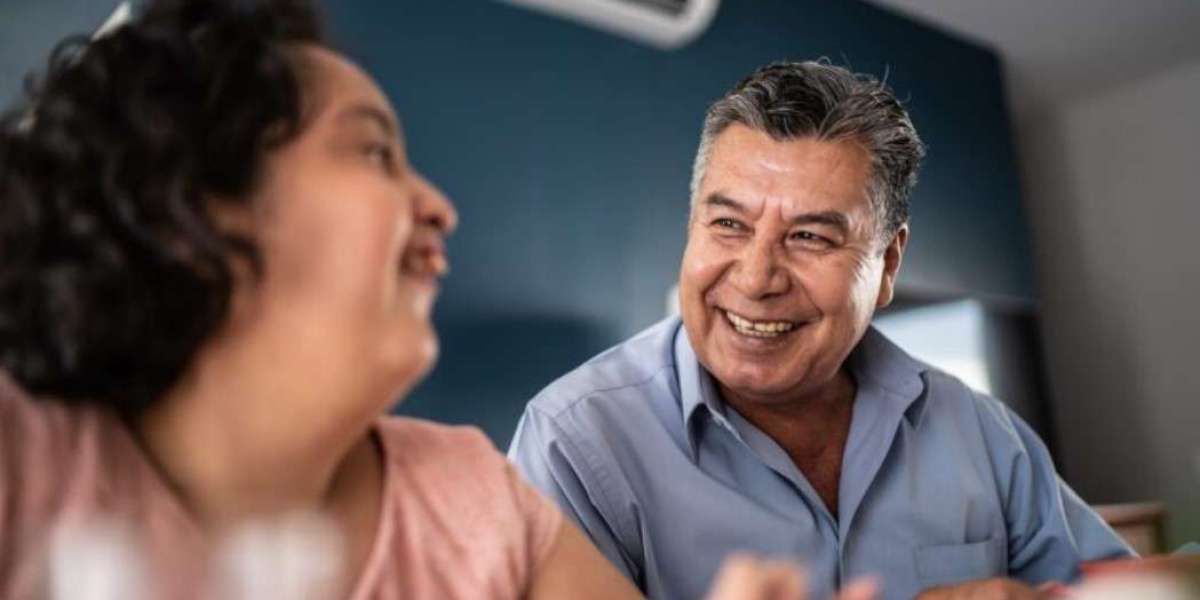Supporting individuals with developmental disabilities requires more than just compassion — it requires structured programs, trained professionals, and a nurturing environment where growth and independence are truly possible. That’s exactly what a center for people with developmental disabilities provides. These centers offer a lifeline for adults and families looking for consistent support, practical training, and meaningful social interaction.
Whether you’re a parent seeking services for your adult child or an individual searching for opportunities to learn and thrive, understanding how these centers work can help you make the best decisions for long-term quality of life.
What Is a Center for People with Developmental Disabilities?
A center for people with developmental disabilities is a facility dedicated to helping individuals with intellectual and developmental challenges live more independently and participate actively in their communities. These centers offer a wide range of support — from basic life skills training to advanced vocational programs — all tailored to the unique needs of each participant.
Many of these centers serve adults who have aged out of school-based services and need continued support in adulthood. They typically offer day programs, community integration, and skill-building activities. Participation is often guided by individual service plans developed in collaboration with families and care coordinators.
Types of Services Offered
The services offered by developmental disability centers are comprehensive and person-centered. While programs may vary by provider, most include:
- Day Habilitation Programs: Structured daily activities that focus on personal development, communication, self-care, and social skills.
- Community Integration: Opportunities to volunteer, explore local areas, and develop connections beyond the center.
- Vocational Training: Job readiness training, resume workshops, and sometimes direct employment placement support.
- Therapies: Speech therapy, occupational therapy, and counseling services to enhance cognitive and emotional well-being.
- Recreational Activities: Arts and crafts, music, dance, and exercise programs that build confidence and creativity.
These programs help participants gain independence while giving caregivers peace of mind knowing their loved ones are engaged in meaningful, supervised activities.
The Role of Staff and Caregivers
A key strength of any successful center lies in its staff. These professionals aren’t just educators — they’re compassionate guides who support clients in their daily routines, teach new skills, and provide emotional encouragement.
Centers typically employ:
- Direct Support Professionals (DSPs);
- Licensed therapists and counselors;
- Vocational coaches;
- Program managers and behavioral specialists.
They work closely with families and care managers to ensure services are individualized. Collaboration and communication are essential, especially when addressing behavioral challenges or adjusting program goals over time.
Benefits for Individuals and Their Families
The benefits of attending a center for people with developmental disabilities go far beyond practical skills. Participants often report:
- Increased Confidence: Accomplishing everyday tasks builds a sense of independence.
- Improved Social Skills: Daily interaction with peers helps reduce isolation and build friendships.
- Better Physical and Emotional Health: Routine, physical activity, and access to therapists contribute to overall wellness.
- Family Relief and Support: Knowing that a loved one is in a safe and enriching environment gives families time to rest, work, or manage other responsibilities.
Families often view these programs as essential parts of a long-term support system.
Choosing the Right Center
Not all programs are the same — so how do you choose the right one?
Look for the following:
- Licensing and Accreditation: Especially if you’re in New York, check for OPWDD (Office for People with Developmental Disabilities) approval.
- Range of Programs: Does the center offer both life skills and vocational support?
- Qualified Staff: Are professionals trained in supporting individuals with varying needs?
- Environment and Atmosphere: A welcoming, clean, and active space often signals high-quality care.
- Reputation: Read reviews, ask for referrals, or schedule a visit.
For example, Gateway Counseling Center offers person-centered programs approved by OPWDD, including Day Habilitation Without Walls and Community Habilitation. Their holistic approach makes them a trusted provider for families across New York.
Final Thoughts
A center for people with developmental disabilities is much more than just a facility — it’s a hub of opportunity, learning, and support. It provides the structure and encouragement individuals need to live fuller, more independent lives, while also giving families the guidance and peace of mind they deserve.
Whether you’re just beginning the journey or exploring new options for ongoing support, consider visiting a local center, speaking with professionals, and getting involved in the process. The right environment can make all the difference — turning limitations into possibilities and helping each individual thrive at their own pace.



